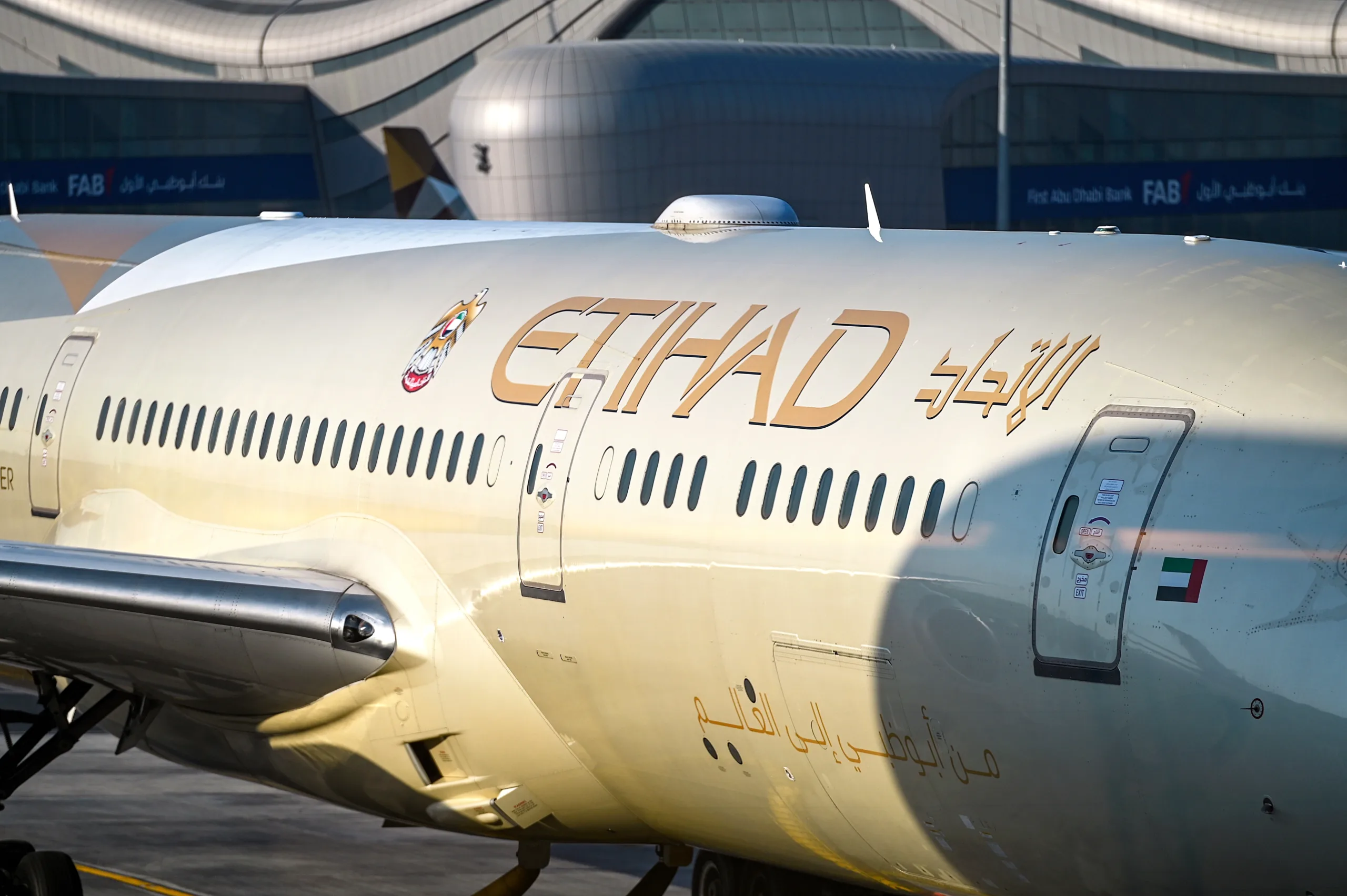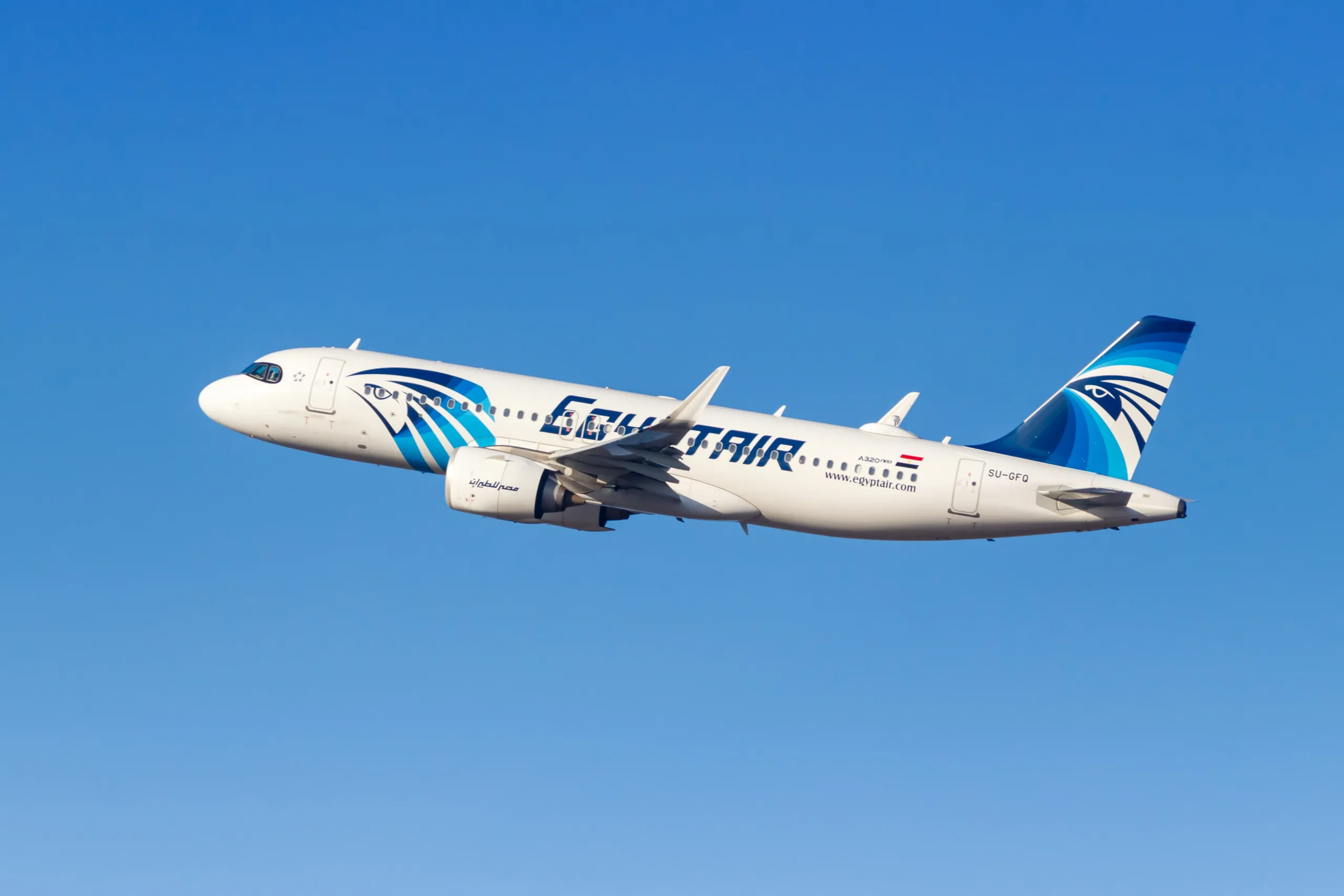Emirates will prohibit the use of power banks on all flights from Oct. 1 while continuing to allow passengers to carry one unit under 100 watt hours (Wh) in their cabin baggage, the Dubai-based airline said, tightening controls on lithium batteries amid growing concern over in-flight fire risks.
“Using any kind of power bank is prohibited onboard Emirates’ flights, effective from October 1, 2025,” the airline said in a statement reported by Gulf News on Aug. 8. It added that customers may still bring one power bank below 100Wh into the cabin but “the power banks may not be used while in the aircraft cabin – neither to charge devices from the power bank, nor to be charged themselves using the aircrafts’ power source,” according to Gulf News.
Under the new rules, power banks must display their capacity rating, cannot be placed in checked baggage and must not be stowed in overhead bins. Instead, they should be kept in the seat pocket or in a bag under the seat in front. In-seat charging ports remain available across the fleet, but the carrier urged travellers to fully charge devices before departure, particularly on long-haul services common from its Dubai hub across the Middle East, Asia, Europe and the Americas.
The policy goes beyond baseline industry guidance. The International Air Transport Association (IATA) classifies lithium-ion batteries, including standalone power banks, as dangerous goods under its Dangerous Goods Regulations (DGR). IATA generally permits spare lithium batteries only in carry-on luggage, sets a standard threshold at 100Wh, and allows 100–160Wh units with airline approval, while prohibiting such items in checked baggage. Airlines and national regulators may, however, impose stricter measures than these minima, a latitude Emirates is exercising by banning in-flight use entirely.
International Air Transport Association
AI Generated
The International Air Transport Association (IATA) is a trade association of the world’s airlines, supporting airline activity and helping to formulate industry policy and standards. IATA also works to promote safe, reliable, secure, and economical air services, as well as to increase public awareness of the benefits of aviation.
IATA first issued its Lithium Battery Shipping Guidelines in 2014 to standardise handling of lithium cells and packs in air transport. The association’s 66th DGR edition, effective in early 2025, includes further amendments on packaging standards and state-of-charge considerations. Aviation Week has reported an uptick in incidents involving portable lithium batteries and highlighted “thermal runaway” — an uncontrolled overheating that can lead to fire, explosion or toxic gas release — as the core safety concern.
Recent events have kept attention on the hazard. In January, an Air Busan flight at Gimhae, South Korea, was evacuated after a fire erupted in an overhead bin; investigators later found a damaged power bank in the compartment, according to local reports. On March 20, Hong Kong Airlines flight 115 experienced cabin smoke linked to an overheated power bank, with no injuries reported. On July 22, Virgin Australia’s VA1528 crew extinguished a fire believed to have been triggered by a passenger’s power bank in an overhead locker on a Sydney-to-Hobart sector, the airline said. On Aug. 5, a KLM cabin filled with smoke mid-flight between São Paulo and Amsterdam when a power bank or charger caught fire, media reported; crew contained the incident. In 2023, a Scoot flight returned to the gate after a power bank overheated on the ground in Taipei.
Emirates’ move underscores how Gulf carriers are refining on-board safety protocols as traffic rebounds on long-haul routes. For passengers, the practical effect is that personal electronics must draw power from the aircraft’s outlets or be used on internal batteries. Travellers should check that any power bank they carry is rated below 100Wh and clearly marked, keep it in the cabin and out of overhead bins, and refrain from charging it or using it to charge devices during the flight.
Emirates said the rules will be enforced across its global network from Oct. 1, adding to existing prohibitions on transporting spare lithium batteries in checked baggage.




